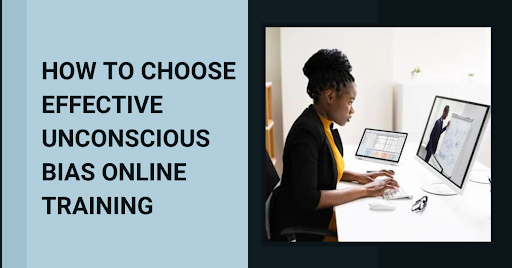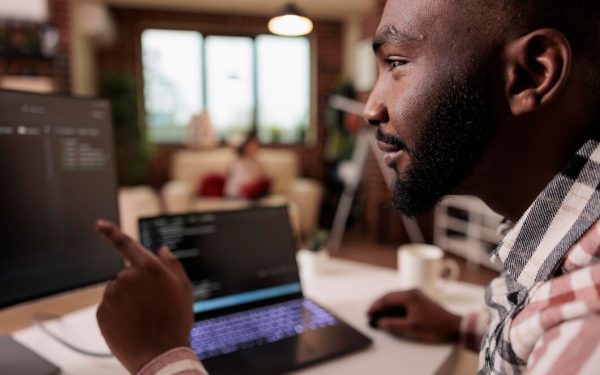How To Choose Effective Unconscious Bias Online Training

Most of us know it is a good idea to do one’s homework before selecting a provider for training. With unconscious bias online training, the process is no different. There are a number of standard boxes to tick. Provider reputation, reach, reviews on content quality and impact, cost, degree of customisation available, ease of scaling, etc. This is after first orienting ourselves on what the process entails and getting clarity on delivery logistics as well as learning outcome expectations. Reading up on the subject independently from a range of sources makes good sense to enable the selection process easier.
What we should, however, bear in mind is that when we look for effective unconscious bias awareness training, we are not simply looking for a provider that will impart subject matter knowledge. A big component of this training involves getting people to look deeper within as they come to terms with their vulnerabilities and challenges as human beings trying to make sense of their internal and external world. Plus, most importantly, the provider needs to act as a catalyst to shift participant perspectives on things that they have taken as given for their entire lives into adulthood. The ability to influence thinking and behaviour must be integral to the training.
Provider orientation
This imperative makes the selection of an effective provider for unconscious bias online training a bit trickier. The process, therefore, needs to be akin to selecting a coach that is well-equipped with the right qualifications, skills, and experience to know how to extract the best responses from a person with an insightful understanding of where the person is mentally and emotionally at each stage of their progression. The ability to work intimately with people and move at a pace that makes sense will ensure people are not overwhelmed by the difficulties of overcoming the negative aspects of implicit bias.
This might be a lot to aspire to in terms of unconscious bias online training, one might think. But this is not so. Unconscious bias eLearning can provide the foundation, ensuring employees acquire a deep appreciation for the mechanics of decision-making in the context of stereotypes and fairly automated immediate responses associated with implicit bias. Online training takes learning to the next level, adding the dimension of intimacy, connection, and debate needed for more complex discussion and sharing on unconscious bias.
Inside-out approach
Online diversity training for employees would normally have set the scene for what the organisation seeks in terms of goals and the ideal. This can then be capitalised on through unconscious bias online training as it will come to grips with the real “how to” of transformation. A range of practical tools will be shared to provide confidence that in fact, change is very achievable with the right level of commitment and practice.
As with coaching, it is important to tackle issues systematically to ensure employees are not overwhelmed by the size of the task. For example, workplace bullying training will illustrate how important it is for everyone to take maximum control of themselves, their circumstances, and their impact on others. At one end of the spectrum with unconscious bias, we need to exercise internal reflection, review, and analysis in advance of decision-making to ensure the quality of the information we use is valid, whilst at the other end of the spectrum, we need to ensure we are masterful at setting clear external boundaries.
An effective service provider of unconscious bias online training will ensure that the multifaceted aspects of being in the world are always front and centre in the learning process. There will be a constant advocating for balance and sensitivity as one pursues wisdom in responses. There will be no tendency to be prescriptive or give black-or-white answers. The focus will always be on dealing with making people whole and finding the optimal solutions within a myriad of relationships that constantly call for unique judgements.
When the training’s ultimate goal is personal understanding, acceptance, growth and mastery, within the true realities we all face in a dynamic world, we know that our choice is a sound one.


